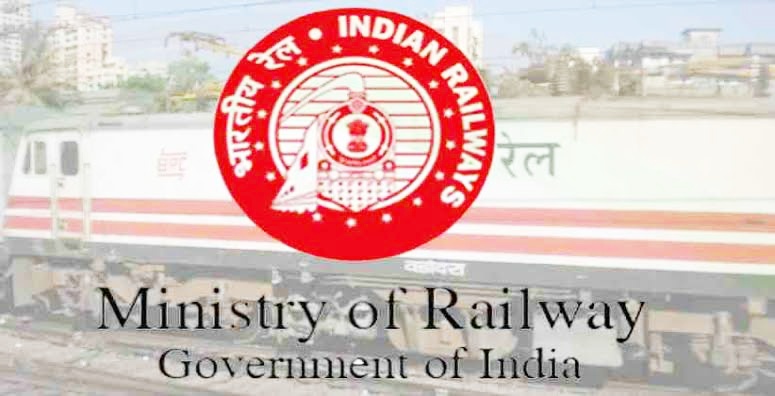CAG report: “Punctuality declining, trains taking more time”
The report pointed out that when compared to other countries, the Indian Railways has the most lenient benchmark of measuring punctuality
An audit by the Comptroller and Auditor General (CAG) found that amid little improvement in average speeds, travel time of trains has increased over the past few years, and that overall punctuality of trains has declined.
“Even with a low benchmark and higher threshold, the punctuality of mail/express trains over IR declined from 79 per cent (2012-13) to 69.23 per cent (2018-19) that too at the terminating stations only,” a report tabled in Parliament on Wednesday said.
The report pointed out that when compared to other countries, the Indian Railways has the most lenient benchmark of measuring punctuality. A train delayed by up to 15 minutes is considered to have been punctual, whereas in countries like the United Kingdom, Germany, Russia and others, the threshold is much stricter.
The report said: “Indian Railways, despite investing Rs 2.5 lakh crore on track infrastructure during 2008-19, has failed to improve on the mobility outcomes. Mission Raftaar introduced in 2016-17 targeted an average speed of 50 kmph for mail/express and 75 kmph for freight trains by 2021-22. The average observed speed of mail/express and freight trains until 2019-20 was, however, still around 50.6 kmph and 23.6 kmph, respectively.”
It also said that for 123 out of 478 superfast trains ran at slower speeds than the specified 55 kmph.
“Six main internal critical factors contributing 66 per cent of total detention of trains were identified as controllable. Indian Railways has no guaranteed delivery time for goods consignment…due to non-scheduling of goods trains operation,” it said.
Impressed with the new zero-based timetable of Railways, prepared in collaboration with IIT Bombay, the auditors said that the new timetable would be able to achieve punctuality targets.
It also said that with the new timetable, it is possible to achieve 100 per cent punctuality in the New Delhi-Howrah route, which is the busiest in Railways.
The CAG also noted that CONCOR, a railway PSU, suffered loss to the tune of Rs 86 crore in its decision to opt for an Advanced Fright Scheme in March 2019, without proper cost-benefit analysis, after it paid Railways advanced freight of Rs 3000 crore.
Now, the audit said that CONCOR’s estimate that in the financial year 2019-20, it would end up paying Rs 4500 in freight and the Advance Freight Scheme would insulate it from freight rate increase that year was “misplaced”.
The CAG also said that Dedicated Freight Corridor Corporation of India Limited could not fully utilise World Bank funds, resulting in payment of avoidable commitment charges of Rs 16 crore. It also said that the progress of the project was affected due to a delay in awarding of contracts.


